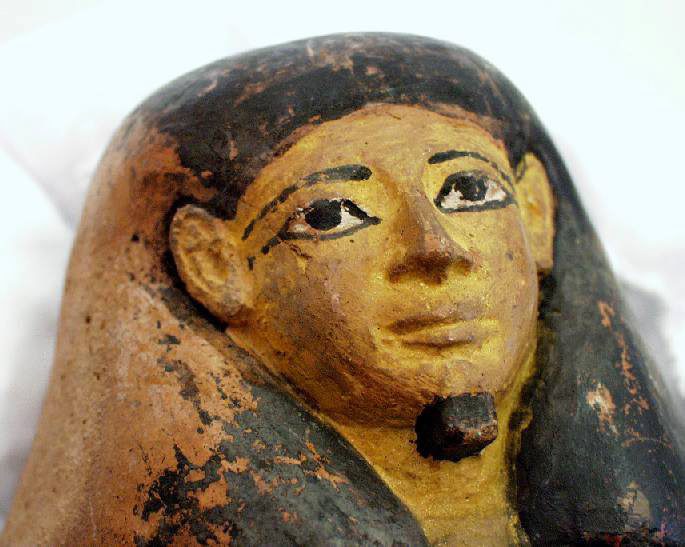Anubis and Hades are both death gods from Egyptian and Greek mythology respectively. Anubis is responsible for guiding souls to the afterlife and judging their worthiness, while Hades oversees the dead and the afterlife. Both have impressive powers, such as Anubis’ ability to embalm and preserve the dead, and Hades’ control over the underworld and ability to grant immortality. However, they have limitations, such as not being all-powerful and being subject to the decisions of other gods. Understanding the powers and limitations of death gods can provide insight into cultural views on death and the afterlife.
Anubis vs. Hades: A Study of the Powers and Limitations of Death Gods
Introduction
Death gods are a common figure in mythology, representing the power and inevitability of death. Two of the most notable death gods are Anubis from Egyptian mythology and Hades from Greek mythology. In this study, we will compare and contrast the powers and limitations of these two death gods.
Anubis
Anubis is one of the most recognizable figures in Egyptian mythology. He is often depicted as a man with the head of a jackal, and he is responsible for embalming the dead and guiding their souls to the afterlife. Anubis is associated with the mummification process and is thought to have the power to judge whether a person is worthy of an afterlife.
Powers
One of Anubis’ most significant powers is his connection to death and the afterlife. He has the power to embalm and preserve the body after death, as well as to guide the soul to the afterlife. He is also known for his role in weighing the heart of the deceased against the feather of truth to determine their worthiness for the afterlife.
Limitations
While Anubis has significant powers over death, he does have some limitations. He is not all-powerful and is subject to the decisions of other gods when it comes to the ultimate fate of the soul. Additionally, Anubis is unable to bring the dead back to life once they have passed on.
Hades
Hades is the Greek god of the underworld, and he oversees the dead and the afterlife. He is often depicted as a stern, imposing figure with a dark presence. Hades is also known for his role in Greek mythology, where he is often seen as a powerful and feared deity.
Powers
The powers of Hades are vast and impressive. He has control over the underworld and the dead that reside there. He has the ability to grant immortality or eternal punishment, depending on his judgment. He is also known for his power to move between the living world and the underworld, making him a formidable and dangerous god.
Limitations
Like Anubis, Hades has limitations to his power. He must abide by the laws of the gods, and he cannot interfere with the fate of mortals or their ultimate destination in the afterlife. Additionally, Hades’ power is limited to those who have passed on, and he cannot affect the living directly.
Conclusion
In conclusion, both Anubis and Hades are powerful and respected death gods in their respective mythologies. While both have significant powers, they also have their limitations. Ultimately, their roles are to guide and judge the dead, but they cannot change the ultimate fate of those who have passed on. Understanding the powers and limitations of death gods can give us insight into our beliefs and cultures’ views of death and the afterlife.
